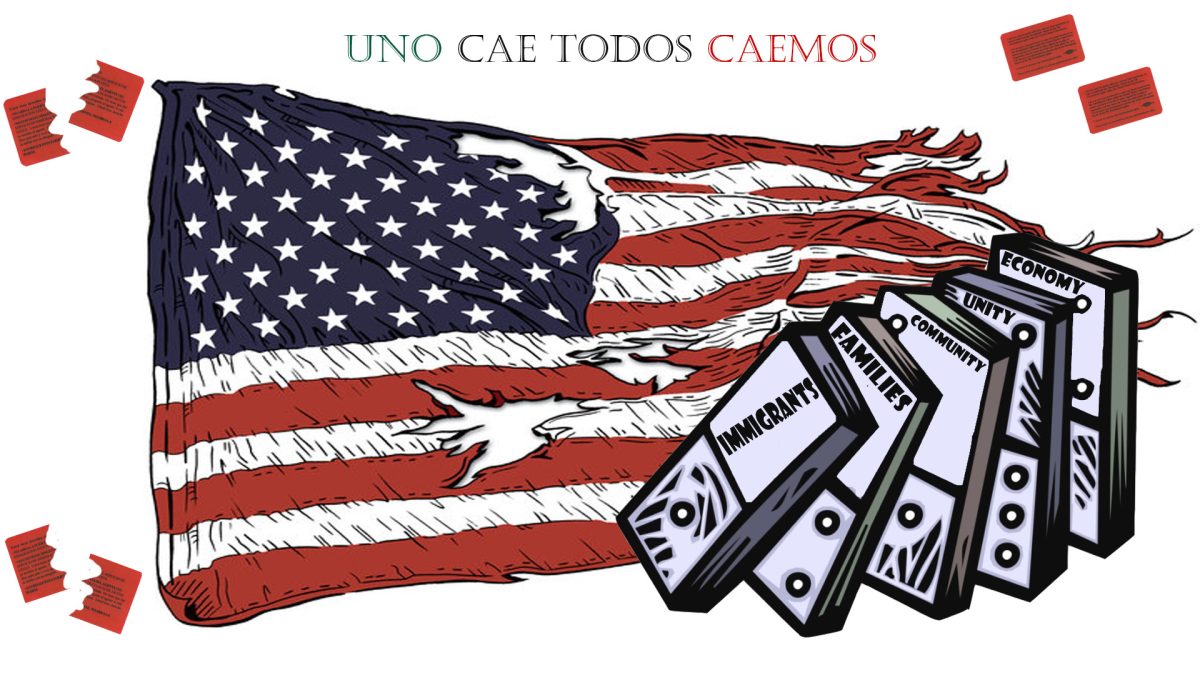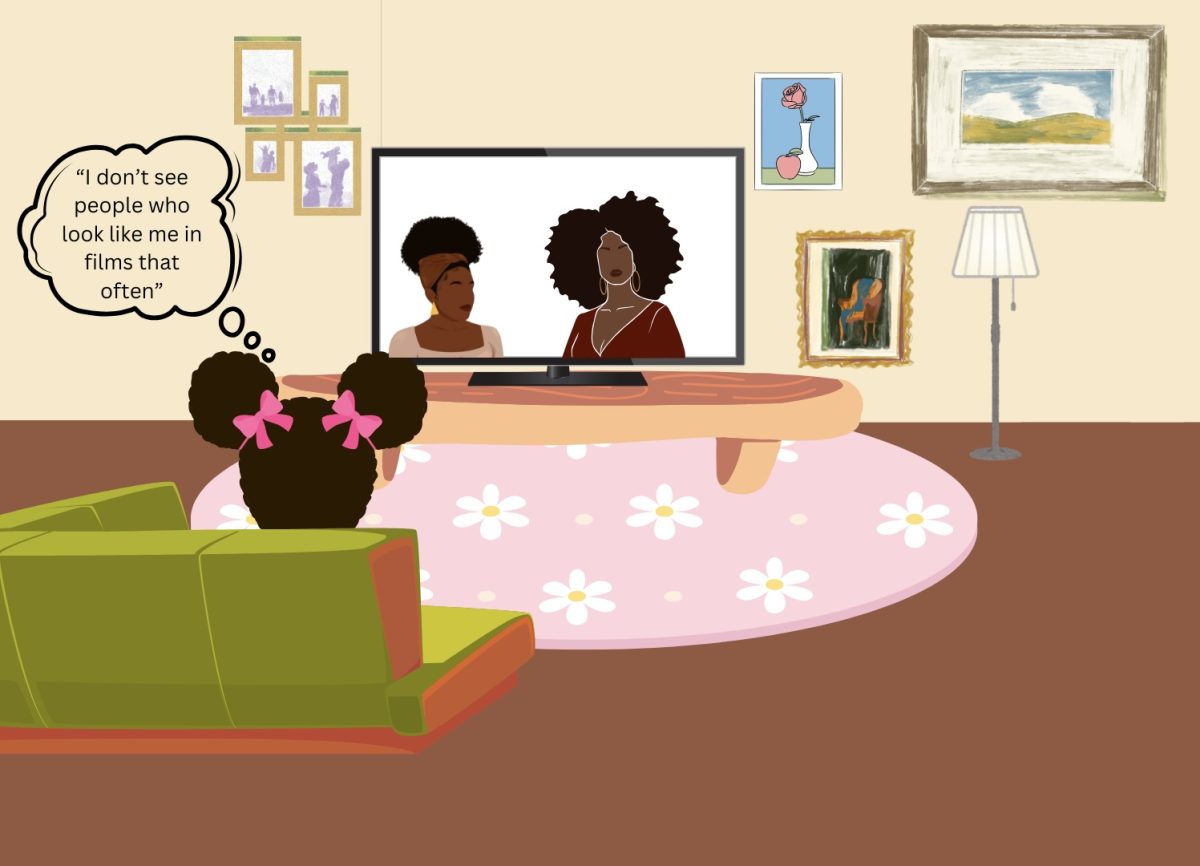March is the month designated to celebrate the achievements of women and remember the contributions that wouldn’t be possible without the incredible minds of women.
Despite that, many forget and overlook the impact that women like Maya Angelou, Hedy Lamarr and Amelia Earhart have on society. Despite the awareness that Women’s History Month brings to womens’ important contributions, women are not respected as they should be.
Historically, there have been many instances where women have been overlooked and deemed inferior to men. For example, Vera Rubin, an astrophysicist, was responsible for discovering how stars move alongside astronomer Kent Ford, according to Marie ClaireMagazine. Unfortunately, Ford was the only one rewarded and recognized for this discovery, leaving Rubin uncredited for her work. Although situations like these are not as common today, this type of depravity and ignorance takes a different form in modern society.
Sexism today takes form in the inequality of pay for women, limited political representation, violence and lack of healthcare access. These are lifelong battles that women have been fighting for, starting at the first women’s rights movement at the Seneca Falls Convention in 1848. Over the years, we have seen societal and political breakthroughs such as voting rights being granted to women and women working in the workplace. Unfortunately, there have been recent setbacks such as the age of marriage being lowered in Iran, forcing young children to be arranged into marriages and abortion being restricted in certain states in the U.S.
A pivotal moment in the fight for women’s rights was the 1913 Women’s Suffrage Parade which showcased the capability of collective advocacy. The protest was organized by Alice Paul and Lucy Burns who were part of the National American Woman Suffrage Association (NAWSA) and held at Washington D.C. to advocate for women’s enfranchisement. The protest led to a series of congressional hearings to get the 19th amendment passed which later was ratified on August 18, 1920. This goes to show that with enough assertiveness and perseverance, there will be a way to improve and progress civil liberties for women.
It’s important now more than ever to advocate and engage in issues that affect women. Ever since President Donald Trump’s second presidency, his executive orders have setback and regressed advancements in women’s equality. For example, Executive Order 14173 terminated Diversity, Equity and Inclusion programs at the federal level, limiting potential opportunities available to minorities, including women. That is why it is crucial to recognize what women are facing and to advocate against the discrimination as well as the under-representation of women to avoid further disenfranchisement.
Women’s History Month should be a reminder to acknowledge the accomplishments and the resilience of the women who have gained fundamental rights that have been marked in history. However, most importantly, Women’s History Month should encourage people to engage and participate in advocacy for women’s liberation.









